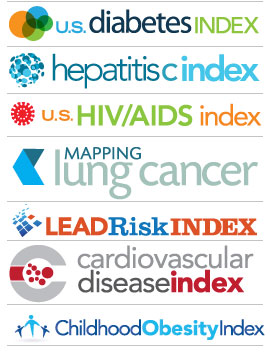Ethical Considerations in Studying Drug Safety — The Institute of Medicine Report
Clinical Trial News Tuesday, September 11th, 2012Nejm.org: September 12, 2012
The tumult arising from revelations of serious safety risks associated with widely prescribed drugs, including rosiglitazone (Avandia, GlaxoSmithKline), rofecoxib (Vioxx, Merck), and celecoxib (Celebrex, Pfizer), has led to widespread recognition that improvement is needed in our national system of ensuring drug safety. Notwithstanding federal legislation in 2007 that strengthened the authority of the Food and Drug Administration (FDA) in the postmarketing period,1 critical weaknesses in the national system persist.
Central to these weaknesses are dilemmas surrounding not only the science but also the ethics of drug-safety research,2 many of which came to the fore in the heated public debate about the Thiazolidinedione Intervention with Vitamin D Evaluation (TIDE) trial, which compared the cardiovascular outcomes of long-term treatment with rosiglitazone with those of pioglitazone (Actos, Takeda) in patients with type 2 diabetes.3 At the request of the FDA, an Institute of Medicine (IOM) committee, on which we served, was convened to examine the ethics and science of FDA-required postmarketing safety research. In this article, we review the key ethics findings from the committee’s May 1, 2012, report4 and offer some reflections on the challenges ahead. Read more

